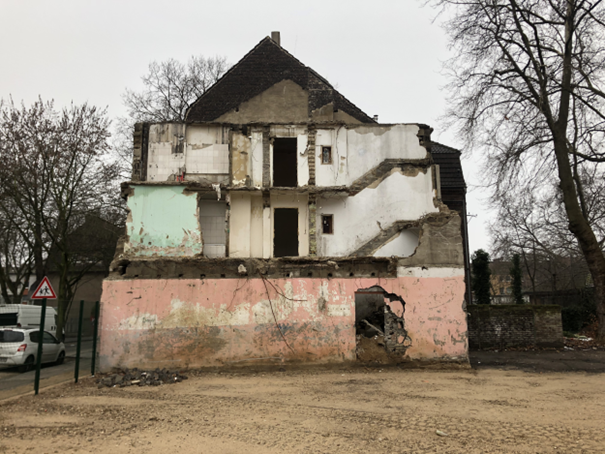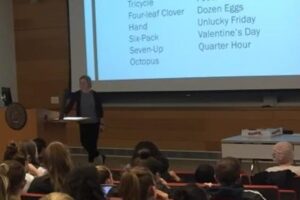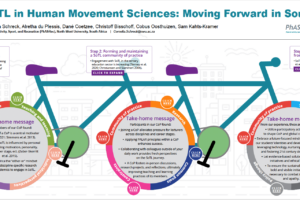
Participatory and Place-Based Socioeconomic Knowledge Generation: An Experience in Community-Based Research Pedagogy
By Jessica Palka

This article recounts the benefits, challenges, and insights gained in initiating a learning collaboration between students and practitioners concerning a real-world socioeconomic challenge. The students learned how to develop a research proposal consistent with the principles, politics, and practices of Participatory Action Research (PAR), including the value of researcher reflexivity, multiple knowledges, and praxis-based collaboration.
PAR is a rich and complex learning process which evokes personal, academic, and professional development through critical reflection, rapport building , and an enhanced a sense of social responsibility in research. The course emphasized reflexivity and research positionality, exploring the impact of personal backgrounds on understandings of socioeconomic issues, disadvantaged people and places, and participatory research processes. As a white, native English speaker, and tertiary-educated woman from the Global North, I recognise the privileges that have facilitated my living and working in Germany — a stark contrast to the structural exclusions faced by many other migrants.
I was especially inspired by the enthusiasm and optimism of the people that I met in Marxloh, as well as the open but prudent attitude of the students. I would like to thank the practitioners who participated in developing and conducting the course: Karen Dietrich, Wiebke Claussen, Lena Richter, Sami Osman, and Heidrun Oberlander-Yilmaz. I would also like to acknowledge the students who participated, those who took the time to give feedback, and especially Sarah Y. Kanatli, who co-authored a blog post on the experience.
Everyone involved reported that they learned a lot from and enjoyed the experience, and that a long-term cooperation would be beneficial for students, practitioners, community residents, and local institutions. I found that the challenges associated with PAR were entirely manageable and even beneficial for learning if the teacher has adequate understanding, preparation, and institutional support. I hope that this experience encourages others to initiate participatory student projects; however, small-scale, short-term, or imperfect — since there is a great potential for diverse learnings, unanticipated developments, and long-term benefits.
Read the TLI article here.




